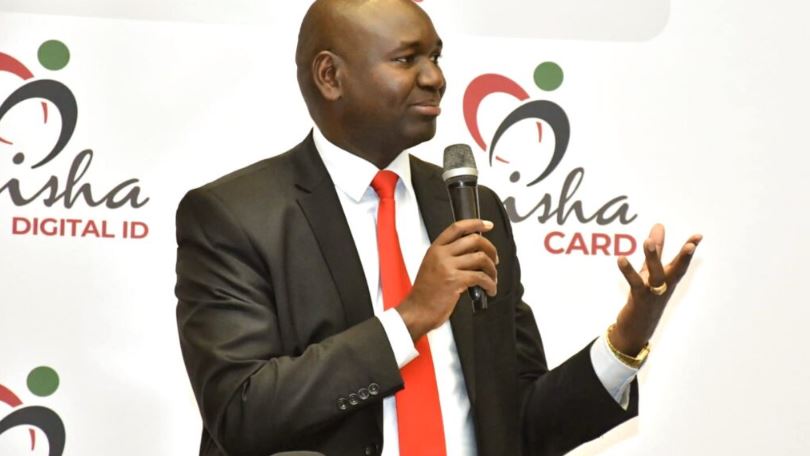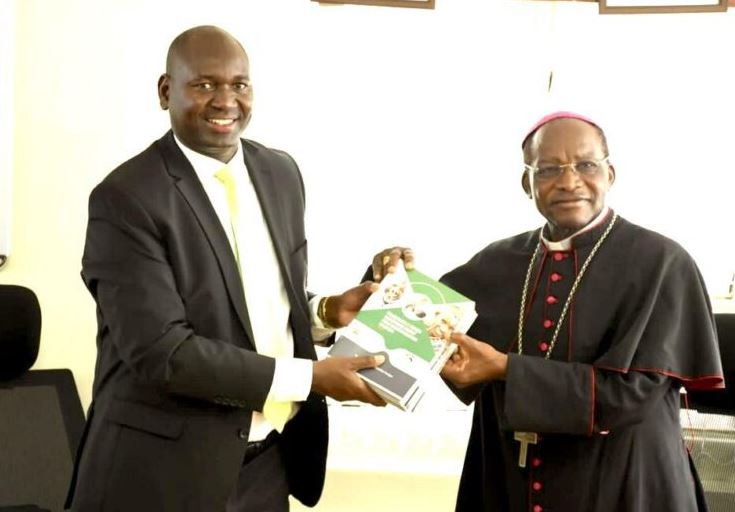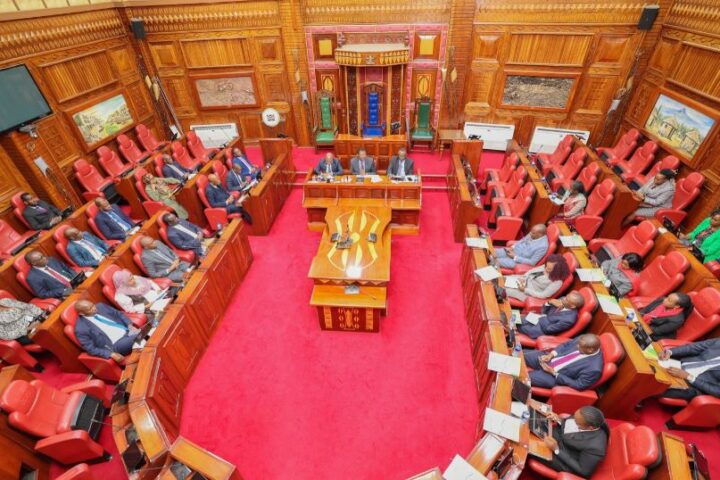
Prof Julius Bitok, the Principal Secretary of Immigration and Citizen Services, addressed concerns in a statement to news outlets on Wednesday, dismissing the misinformation as a fabrication by foreign firms.
According to Bitok, these firms spread false claims after the government denied them business contracts related to the digital ID migration.
Bitok, speaking at the Kenya Conference of Catholic Bishops (KCCB) at Waumini House, played down the claims, attributing them to a smear campaign fueled by international firms displeased with the government’s choice to localize the project.
“The propaganda that we are inserting chips into babies was fuelled by them (vendors) as a result of the government’s refusal to take them up on this project,” he told the Bishops who had invited him and the technical team on digital ID to address their concerns.
“Some have wanted to take the Maisha Namba from the ground but we declined their proposal on the basis that this is Kenyan ID and process and we already have a foundational ID. Maisha Namba is just an upgrade.”
Prof. Bitok justified the choice to explore domestic IT solutions in the digital migration, citing concerns related to data protection and integrity.
He asserted that entrusting foreign firms with the project was deemed risky. Despite pressure from major global technology firms seeking partnerships for the digital ID initiative, Bitok emphasized the government’s preference for enhancing the current digital foundation through the expertise of local professionals.
Bitok explained that the choice to prioritize local solutions was a deliberate policy aimed at supporting domestic enterprises, especially technology firms. This stance has reportedly displeased major global digital technology giants.









